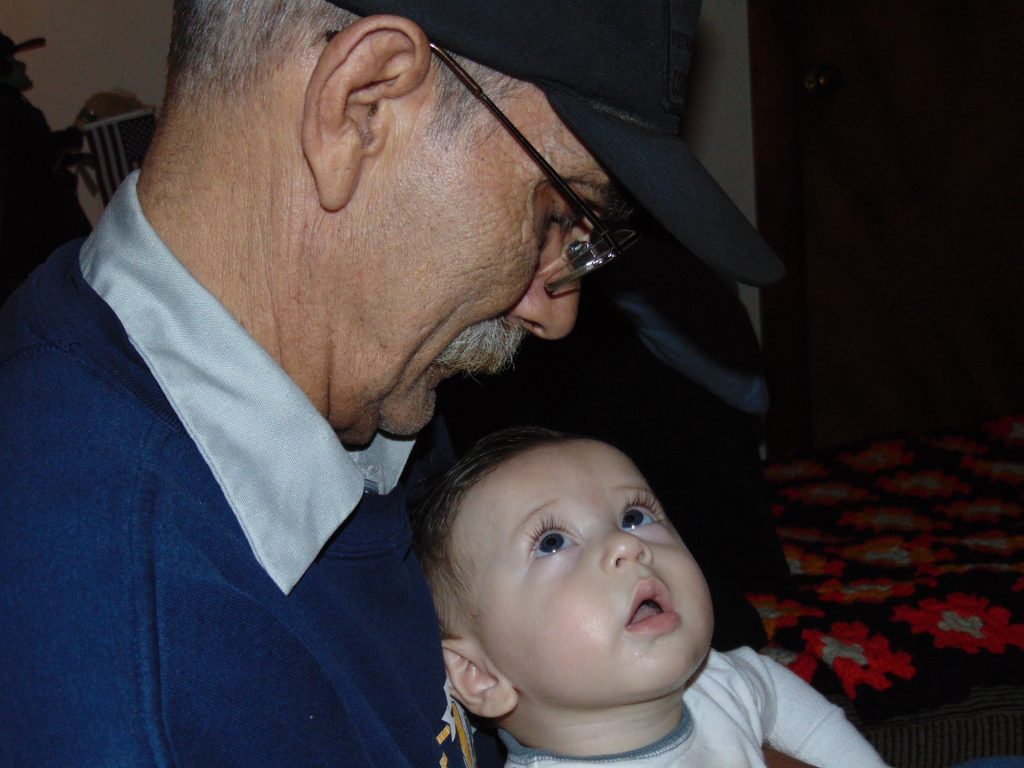Grandparents play a vital role in families: as family caregivers to young children while Mom and/or Dad work, receiving care from their grandchildren and at times moving to live with adult children. A recent report from The Vanier Institute of the Family highlighted the following statistics:
- There are 7.1 million grandparents in Canada
- Life expectancy at age 65 in Canada has increased over the past 50 years by 5.7 years for women and by 5.6 years for men. This translates into more opportunity for intergenerational relationships.
- Nearly 600,000 grandparents live in the same household as their grandchildren, more than half of whom report having financial responsibilities in the household.
- Seniors account for 12% of all caregivers in Canada and are more likely to report caring over 20 hours a week.
- 21% of all immigrants live with their grandchildren
- 28% of all parents indicated they relied on a grandparent, relative or nanny for childcare in children under 4 years
Of course, we know they contribute in many other ways – often as mentors, guidance counsellors, storytellers, historians and keepers of the family history (and secrets!). This means, the more children of all ages are cared for or provide care to a grandparent or share a household, the more likely they’ll grieve a grandparent’s death.
Death isn’t easy to deal with at any age
So how do you explain it to a three-year-old or a six-year-old? How do you comfort your eight-year-old when their grandparent dies? How comfortable are you with the whole concept of death? What are your beliefs regarding after-life, if any? How do you ensure the memory of your loved one is honoured in day-to-day life?
How a child copes with the death of a grandparent depends on many factors, including:
- The age of the child
- Type and length of relationship
- The role a grandparent plays in the child’s life
- Who else is impacted by the death and their coping strategies
- A lengthy illness or unanticipated death.
Children express grief in different ways. Some will be sad or angry. Others may be fearful of another grandparent or parent dying. With the wisdom gained that people die, some children develop feelings of insecurity. Others want to understand what happens to the person who they loved, what it feels like to be dead and where one goes after death.
Death and dying are complex concepts that are understood by children at progressive intervals. Open and honest discussions are important however, the language needs to be appropriate for your child’s age.
How to help a child cope with a loss
This requires a consistent and loving message and observing your child’s reactions.
- Use concrete terms when explaining death. Say that, “Nana died.” Don’t confuse young children by suggesting that a grandparent is at “rest” or “sleep”. Children may become fearful of going to sleep or worried that you as a parent won’t wake up from a rest or nap.
- Avoid words such as “passed on”, “departed”, “expired” (yoghurt does this, not people!) as children may not understand such euphemisms.
- K.I.S.S. (Keep It Simple and Straightforward). Answer a child’s questions, but keep your answers brief and simple. Find out what your child knows or thinks they know about death and then offer answers and details based on this knowledge.
- Afford choices in how to remember the grandparent who has died. Depending on your child’s age, enable them to participate in your family rituals including going to the funeral, memorial and/or cemetery, picking flowers, being a pallbearer, giving a eulogy or reading a special poem/reading.
- Let your child be upset and talk about their fears. Listen, validate their feelings and provide reassurance including that death is not a form of punishment but is a part of life. Take the opportunity to learn about the cycle of life – you can use a leaf, bug, or a pet as examples. Check out your local library for books on explaining death to children.
Talking to your children about their grandparent’s death is essential to helping them both understand what has happened, and to help them not fear, but cope with death.
If you’re currently caring for a parent or grandparent, consider joining a local Caregiver Support Group.






